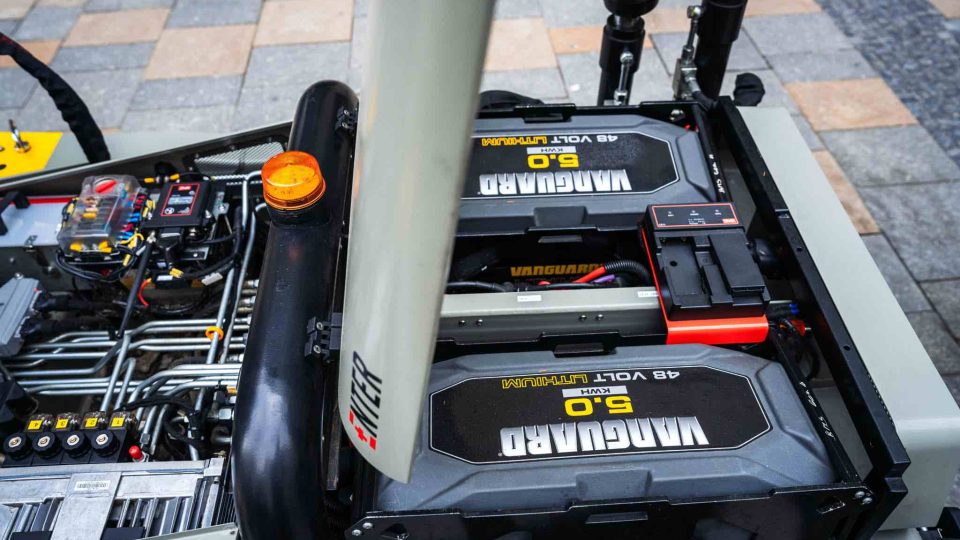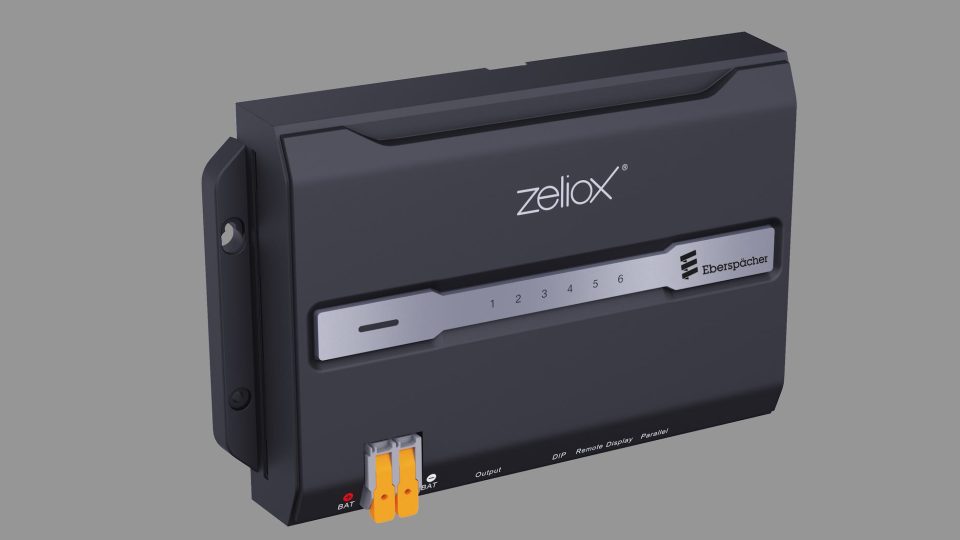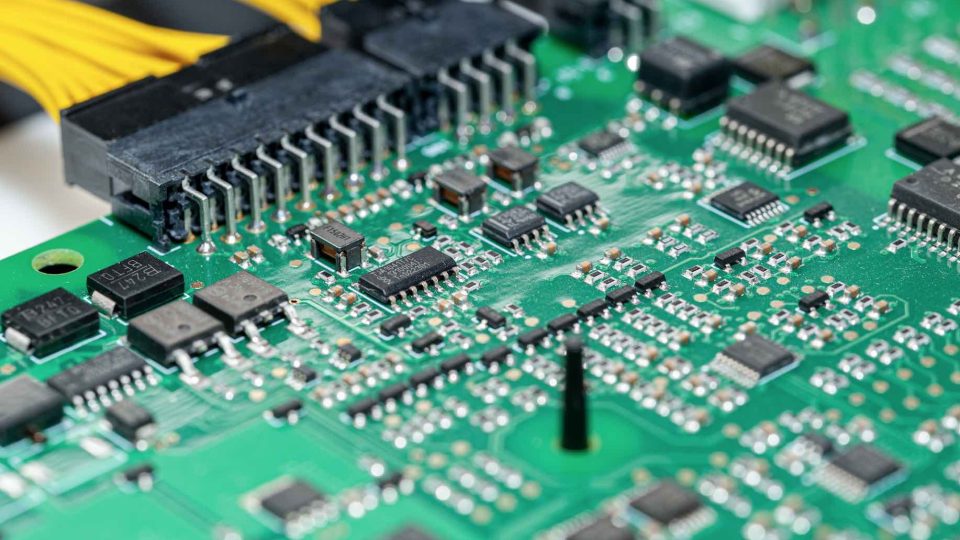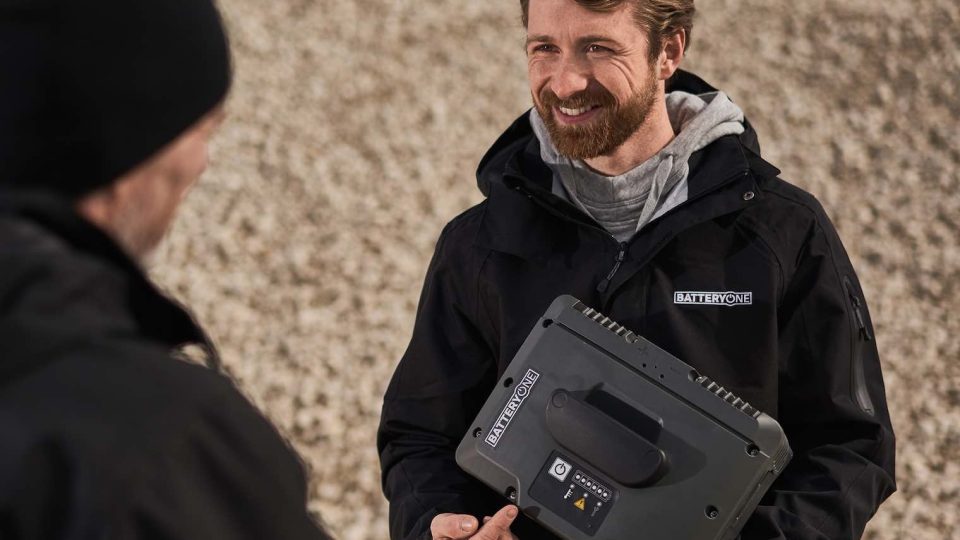Coca-Cola will make local deliveries with 30 electric Renault Trucks
Coca-Cola Europacific Partners (CCEP) will start using 30 electric trucks to make “last mile” deliveries to local customers in Belgium. The first five electric Renault Trucks will go out today in the Antwerp area
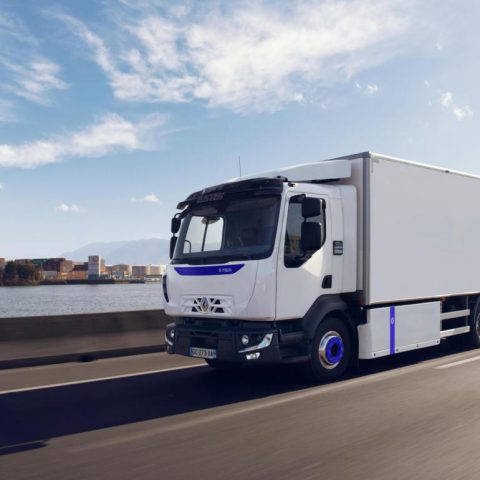
Coca-Cola Europacific Partners (CCEP) will start using 30 electric trucks to make “last mile” deliveries to local customers in Belgium. The first five vehicles will go out today in the Antwerp area. Through a key partnership with Renault Trucks, the beverage manufacturer is electrifying one-fifth of its truck fleet and creating the largest fleet of electric trucks in Belgium. The company will also reduce its CO2 emissions by 75% compared to diesel trucks. “Our industry is facing difficulties that require rapid adaptation, but we are also firmly committed to maintaining a long-term approach. Investing in electric trucks will allow Coca-Cola Europacific Partners to cut CO2 emissions by 30% across the entire value chain by 2030 and become climate neutral by 2040,” says An Vermeulen, VP & Country Director of Coca-Cola Europacific Partners for Belgium and Luxembourg.
The first five Renault Trucks E-tech D (opening image) and D Wide will go out in the Antwerp area today, and other trucks will arrive in the coming months at the manufacturing and distribution sites in Ghent and Chaudfontaine in Belgium. “Most of our deliveries are very local, to supermarkets and businesses near our sites, with routes averaging 150 km per day,” explains An Vermeulen. “The transition to electric vehicles makes perfect sense, thanks to a total investment of around 7 million euros. This is one example of our efforts to take a long-term and sustainable approach at the local level in Belgium.”
Optimized local routes
Coca-Cola chose a configuration allowing Renault Truck’s electric vehicles to cover 200 km daily, which is more than enough for 40% of CCEP’s current local delivery routes. Each truck has an on-site charging station to fully recharge the battery overnight. These charging stations are powered by 100% green energy generated at the site.
Coca-Cola chose a configuration allowing Renault Truck’s electric vehicles to cover 200 km daily, which is more than enough for 40% of CCEP’s current local delivery routes. Each truck has an on-site charging station to fully recharge the battery overnight. These charging stations are powered by 100% green energy generated at the site.
Coca-Cola worked closely with Renault Trucks to select the right trucks and create the best loading conditions for this local use: “We carefully analysed Coca-Cola’s logistics data, produced realistic route simulations, and carried out tests under real conditions that looked at energy consumption as well as driver comfort and safety,” says Siegfried Van Brabandt, Managing Director of Renault Trucks Belux. “The trucks are also equipped with 360° camera systems to eliminate blind spots, a loudspeaker to warn pedestrians and cyclists, and a clear door for optimal visibility on the passenger side.” The 30 electric trucks being rolled out this year are just a first step for CCEP. “We will keep taking steps to decarbonise our fleet until 2030 while continuing to study market developments to determine the future of our fleets by considering parameters such as covering longer distances, vehicle autonomy, and heavier loads,” explains An Vermeulen.
Continuous innovation
CCEP also wants to keep looking to the future in collaboration with Renault Trucks. “To help our customers decarbonize their fleets, we developed a customized solution that covers both vehicles and services. We also offer support to ensure proper use of the electric trucks. And we are continuing to expand our range of electric vehicles: next year we will produce an electric 44t truck that goes much farther on a single charge,” says Siegfried Van Brabandt. “Additionally, as part of the Volvo Group, we are investing in the expansion of public charging infrastructure in Europe through strategic partnerships. This is going to be a really exciting decade for our industry, and we are pleased to be making significant progress in this area with partners like Coca-Cola.”
Investments in CO2 reduction for a sustainable future
The transition to electric transport modes is an important local step in Coca-Cola Europacific Partners’ efforts to reach carbon neutrality. “We are continuing to invest in our long-term goal to reduce our CO2 emissions. We are taking action on several fronts: reducing our packaging whenever possible since this represents around 40% of our environmental footprint; last year, we started using 100% recycled plastic for all our bottles in Belgium, which reduced our emissions by 70%; and our Chaudfontaine site obtained carbon neutrality certification. These initiatives are a testament to our desire to keep growing sustainably alongside our partners and customers. This is our contribution to achieving the goals of our sustainability action plan,” says An Vermeulen.




